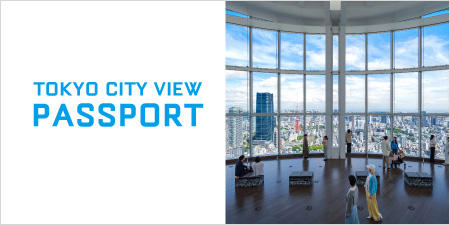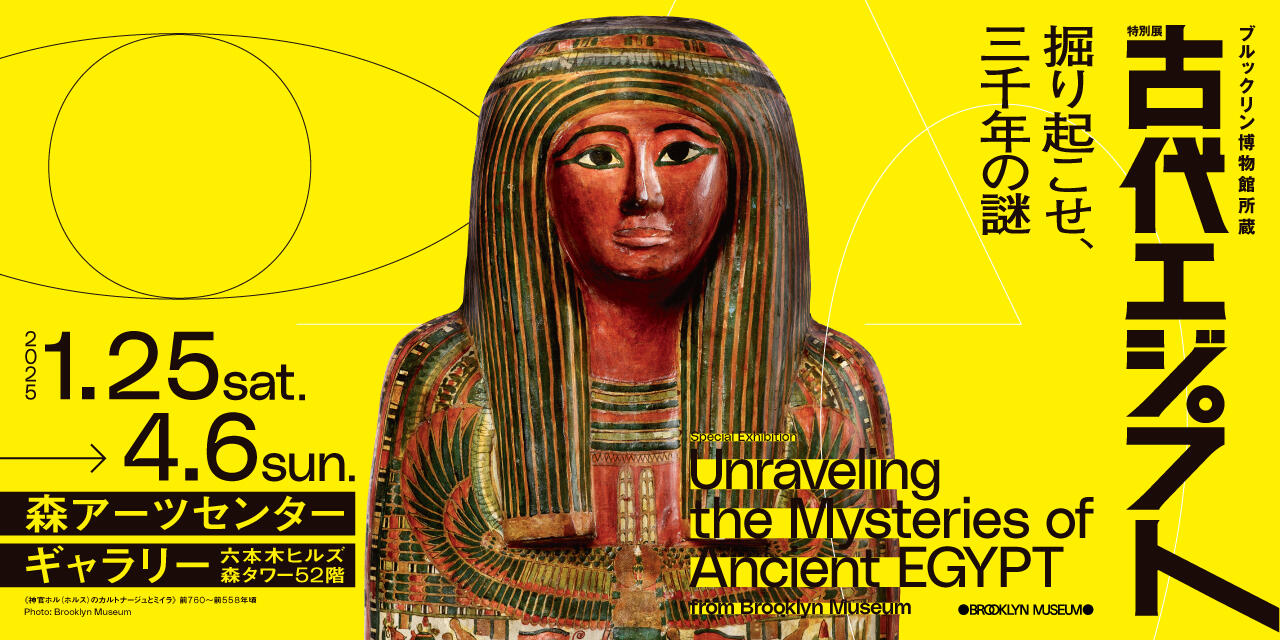Evidently the Duty of Governing Three Nations Is Not a Simple Story (Ternyatalah Tugas Menjaga Tiga Negara Bukan Cerita Yang Mudah)
| Artist | : | Pangrok Sulap (Established in 2010) |
|---|---|---|
| Nationality | : | Malaysia |
| Year | : | 2015 |
| Material | : | Ink, fabric |
| Size | : | 150 x 157 cm |
Pangrok Sulap is a collective made up of a diverse group of artists, musicians, and social activists that seeks to revitalize communities in Sabah, Northern Borneo through art, and to make people more aware of their rights. The name of the collective, “Pangrok,” refers to the musical genre of punk rock, while “Sulap” is a resting place used by farmers in Sabah.
MA=FIL=INDO and Evidently the Duty of Governing Three Nations Is Not a Simple Story were created using woodblock prints, their main medium of artistic expression. The latter is a participatory work that was completed on the first day of the exhibition, when ink was applied to a board carved collaboratively by the members of the collective and covered with a cloth, as the audience walked on the cloth one after another while dancing to the members’ instrumental music, thereby fixing the images on the cloth. The title MA=FIL=INDO refers to the concept of a federation based on the ideal of the “unity of the Malay people” that was discussed between Malaya (the predecessor of Malaysia), the Philippines, and Indonesia after World War II. The work presents a variety of agendas and issues facing the leaders who govern these three countries, such as the sharing of natural resources and expanding the education system, issues that are still important today. In fact, however, this vision was dismantled amidst the political changes surrounding the establishment of Malaysia in 1963. While the state of Sabah, where Pangrok Sulap is based, has long been a marginalized region in Malaysia’s cultural and economic development, which is focused on the Malay Peninsula, it is also home to many people of Indonesian and Filipino descent due to geographical reasons. Both of these works present a new MA=FIL=INDO in which culture, history, and human connections are not solely forged within the framework of a particular state, but rather by the people who live there.
-

Pangrok SulapEvidently the Duty of Governing Three Nations Is Not a Simple Story (Ternyatalah Tugas Menjaga Tiga Negara Bukan Cerita Yang Mudah)2015Ink, fabric150 x 157 cm
Pangrok SulapEvidently the Duty of Governing Three Nations Is Not a Simple Story (Ternyatalah Tugas Menjaga Tiga Negara Bukan Cerita Yang Mudah)2015Ink, fabric150 x 157 cm
Evidently the Duty of Governing Three Nations Is Not a Simple Story (Ternyatalah Tugas Menjaga Tiga Negara Bukan Cerita Yang Mudah)
| Artist | : | Pangrok Sulap (Established in 2010) |
|---|---|---|
| Nationality | : | Malaysia |
| Year | : | 2015 |
| Material | : | Ink, fabric |
| Size | : | 150 x 157 cm |
Pangrok Sulap is a collective made up of a diverse group of artists, musicians, and social activists that seeks to revitalize communities in Sabah, Northern Borneo through art, and to make people more aware of their rights. The name of the collective, “Pangrok,” refers to the musical genre of punk rock, while “Sulap” is a resting place used by farmers in Sabah.
MA=FIL=INDO and Evidently the Duty of Governing Three Nations Is Not a Simple Story were created using woodblock prints, their main medium of artistic expression. The latter is a participatory work that was completed on the first day of the exhibition, when ink was applied to a board carved collaboratively by the members of the collective and covered with a cloth, as the audience walked on the cloth one after another while dancing to the members’ instrumental music, thereby fixing the images on the cloth. The title MA=FIL=INDO refers to the concept of a federation based on the ideal of the “unity of the Malay people” that was discussed between Malaya (the predecessor of Malaysia), the Philippines, and Indonesia after World War II. The work presents a variety of agendas and issues facing the leaders who govern these three countries, such as the sharing of natural resources and expanding the education system, issues that are still important today. In fact, however, this vision was dismantled amidst the political changes surrounding the establishment of Malaysia in 1963. While the state of Sabah, where Pangrok Sulap is based, has long been a marginalized region in Malaysia’s cultural and economic development, which is focused on the Malay Peninsula, it is also home to many people of Indonesian and Filipino descent due to geographical reasons. Both of these works present a new MA=FIL=INDO in which culture, history, and human connections are not solely forged within the framework of a particular state, but rather by the people who live there.





